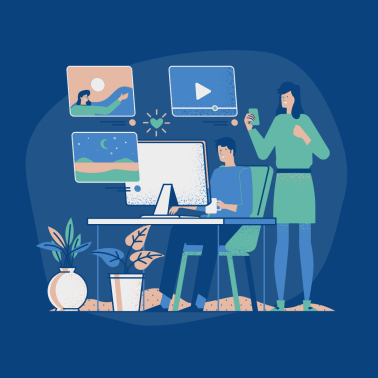 Lawrence Wright’s book about the coronavirus disease, The Plague Year: America in the Time of Covid, serves as a summary of recent events (already receding into hazy memory) and also a cogent explanation of how the virus works and why it erupted the way it did.
Lawrence Wright’s book about the coronavirus disease, The Plague Year: America in the Time of Covid, serves as a summary of recent events (already receding into hazy memory) and also a cogent explanation of how the virus works and why it erupted the way it did.
Wright had written a novel about a plague, The End of October, so was already was familiar with the subject of pandemics. In fact, the timing of his novel’s publishing date was spring 2020 – just as lockdowns were in full gear.
One of the most fascinating sections is about Bellevue Hospital – Ground Zero during the spring of 2020. This illustrates the toll the deaths of Covid patients took on medical professionals and how their personal lives were affected.
Other chapters are about Broadway, and the actors and writers whose lives were upended, and about the origins of Covid – detailing the various theories about where the virus came from in the first place. Wright is a true journalist; interviewing experts and allowing readers to decide for themselves whether the pandemic originated in a lab leak or a wet market or something else.
Perhaps the most thrilling chapter is “Spike,” the story of the development of a vaccine. The way scientists raced to develop a vaccine is truly thrilling. Barney Graham was a scientist at the NIH, and the deputy director of the Vaccine Research Center. He is credited as the “chief architect of the first Covid vaccines to be authorized for emergency use.” To appreciate the scale of what these scientists accomplished, Wright summarizes the history of immunology, and how scientists’ experience with SARS accelerated the process of developing Covid vaccines. It’s hard to believe that on March 16th, 2020 the first person was inoculated.
Wright is such a good storyteller, that, even though we know the outcome, there is still an element of surprise in his telling.

